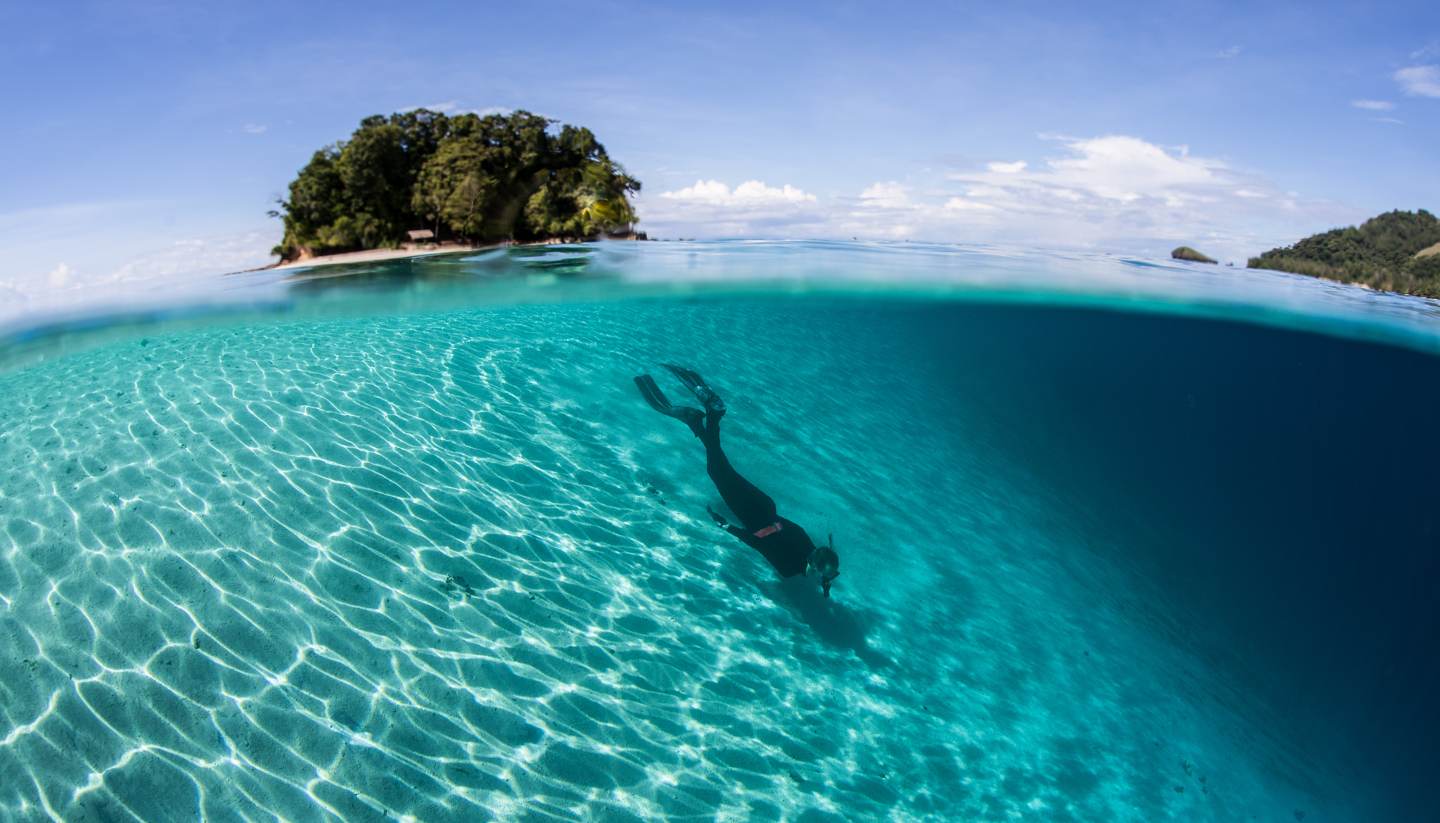Solomon Islands History, Language and Culture
History of Solomon Islands
The modern nation of the Solomon Islands is an amalgamation of two archipelagos, instigated by the British in the last years of the 19th century and marking the high point of imperial rivalry in the Pacific between the major European powers. The northern group had originally been claimed by the Spanish in the 16th century, was then annexed by the Germans and finally ceded to the British in exchange for part of the Samoan island group. The British already controlled the southern Solomon group and administered the pair together as the British Solomon Islands Protectorate.
The islands experienced some of the most intense fighting of World War 2 as Japanese forces occupied the territory and doggedly resisted a series of attempts to oust them, most notably the bloody Battle of Guadalcanal. The Solomon Islands remained under British rule until the 1970s. Self-government was granted in 1976 and full independence was achieved two years later.
The main political debate since then has been over-decentralisation. Advocates support the division of the archipelago into separate administrative regions, while opponents maintain that the process would give an excessive advantage in the future to those islands which are most commercially developed – generally those closer to Papua New Guinea and Australia. Many of the roots of the debate lie in the issue of land ownership and the long-running disputes spilled over into ethnic violence that brought country to its knees. Bankrupt and with the capital in chaos, in 2003 the Solomon Islands appealed to the outside world for help and the Australian-led Regional Assistance Mission to Solomon Islands arrived to put the country back together.
Queen Elizabeth II remains head of state and the current Prime Minister Manasseh Sogavere is serving his third term in office, but the islands' governments are characteristically weak and politically unstable leaving them open to frequent votes of no confidence and changes of ministerial personnel.
Did you know?
• Future US President John F Kennedy was shipwrecked on Plum Pudding Island following his boat's collision with Japanese destroyer 'Amagiri' on 1 August 1943. Kennedy invited his rescuers Biuku Gasa and Eroni Kumana to his inauguration but local officials tricked them out of going.
• The Solomons were struck by major earthquakes in 2007 and 2013, both were followed by tsunami.
• Walkabout Long Chinatown, a Pijin language song composed in the 1950s, is often referred to as the islands' national song.
Solomon Islands Culture
Religion in Solomon Islands
More than 95% of the population are Christian. The rest is made up of Roman Catholics, South Sea Evangelists and Seventh-day Adventists.
Social Conventions in Solomon Islands
A casual atmosphere prevails and European customs exist alongside local traditions. Informal wear is widely suitable although women often wear long dresses for evening functions. Men need never wear ties. In general, women should dress modestly and appropriately, noting that certain public areas may be exclusively reserved for men. It is customary to cover thighs. Visitors are discouraged from wearing beachwear and shorts around towns and villages. Swearing is a crime and can lead to huge compensation claims and even jail.
Language in Solomon Islands
English is the official language. Pidgin English and over 80 different local dialects are also spoken.


